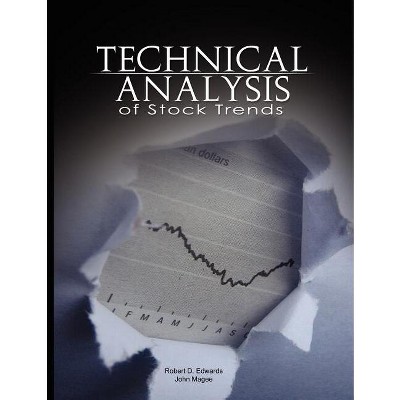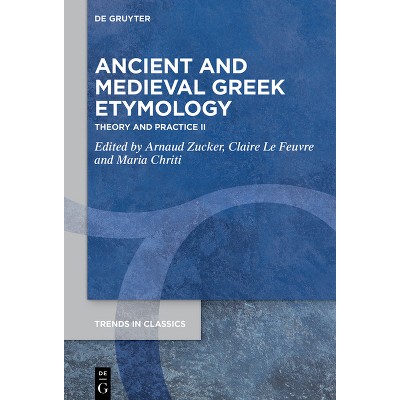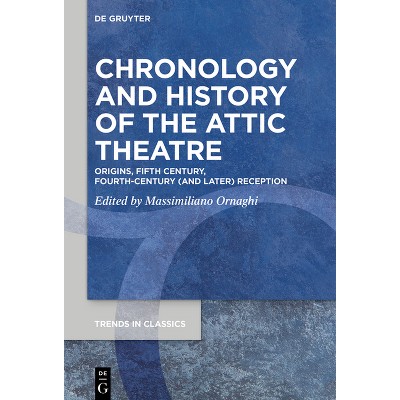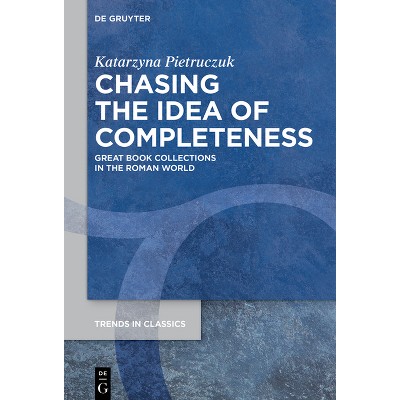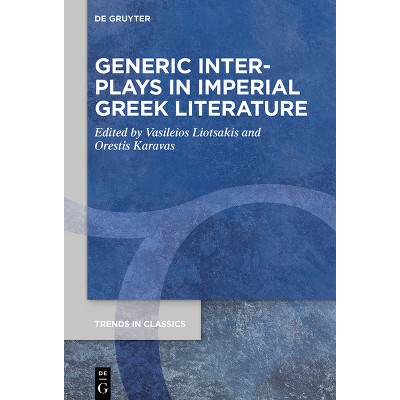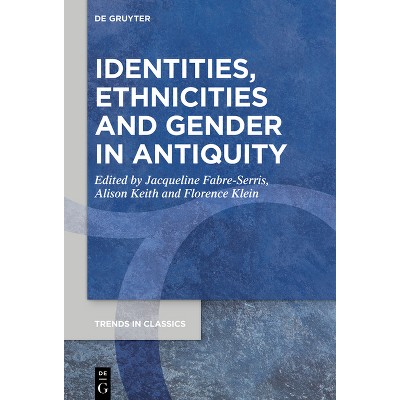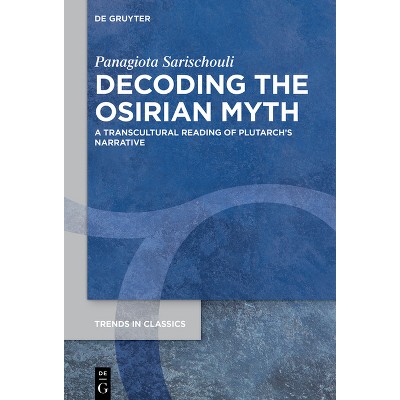Sponsored

>Res Vera, Res Ficta - (Trends in Classics - Supplementary Volumes) by Janja Soldo & Claire Rachel Jackson (Paperback)
Out of Stock
Sponsored
About this item
Highlights
- Letters are famously easy to recognise, notoriously hard to define.
- About the Author: Janja Soldo, Edinburgh University, Edinburgh, United Kingdom; Claire Rachel Jackson, Ghent University, Ghent, Belgium.
- 280 Pages
- History, Ancient
- Series Name: Trends in Classics - Supplementary Volumes
Description
About the Book
This volume takes an innovative approach to ancient epistolography by arguing that all ancient Greek and Roman letters are to some degree fictional. It covers a wide range of collections from Cicero, Ovid, Pliny the Younger to Pseudo-Euripides, (PseBook Synopsis
Letters are famously easy to recognise, notoriously hard to define. Both real and fictitious letters can look identical to the point that there are no formal criteria which can distinguish one from the other. This has long been a point of anxiety in scholarship which has considered the value of an ancient letter to be determined by its authenticity, necessitating a strict binary opposition of genuine as opposed to fake letters.
This volume challenges this dichotomy directly. Rather than defining epistolary fiction as a literary genre in opposition to 'genuine' letters or reducing it down to fixed rhetorical features, it argues that fiction is an inherent and fluid property of letters which ancient writers recognised and exploited. This volume contributes to wider scholarship on ancient fiction by demonstrating through the multiplicity of genres, contexts, and time periods discussed how complex and multifaceted ancient awareness of fictionality was. As such, this volume shows that letters are uniquely well-placed to unsettle disciplinary boundaries of fact and fiction, authentic and spurious, and that this allows for a deeper understanding of how ancient writers conceptualised and manipulated the fictional potential of letters.
About the Author
Janja Soldo, Edinburgh University, Edinburgh, United Kingdom; Claire Rachel Jackson, Ghent University, Ghent, Belgium.
Shipping details
Return details
Frequently bought together






